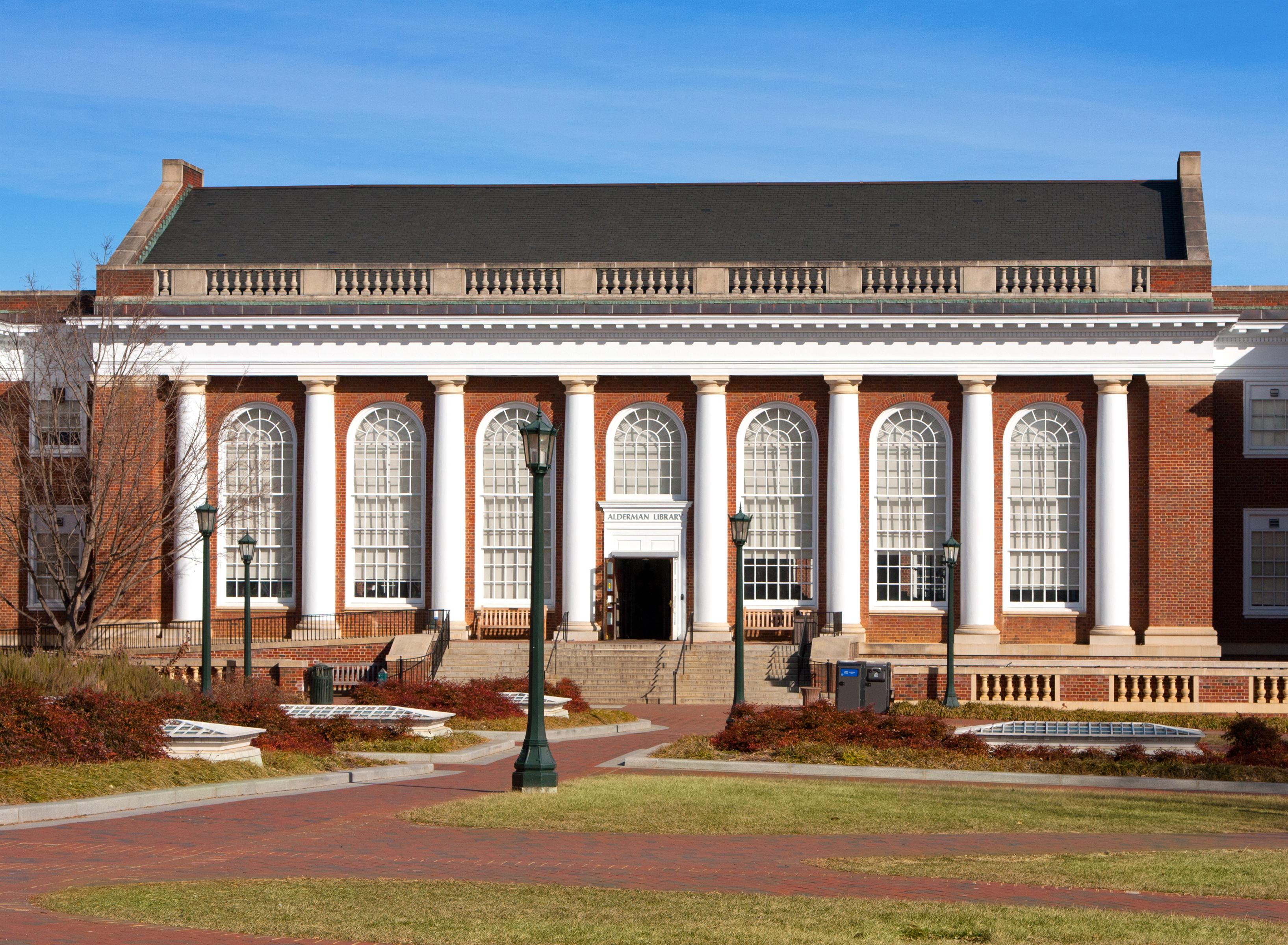Between the time I walked into Old Cabell Hall, which houses the Music Department at the University of Virginia, where I work as a professor, and the time I got to my office Wednesday morning, I heard the word “rape” seven times. Wednesday was the day Rolling Stone published the story of a UVA student who says she was gang-raped in a fraternity. If anyone at the University of Virginia was shocked by this article, then they have not been paying attention.
A very expensive mural called “The Student’s Progress” covers the entire foyer and stairwell of Old Cabell Hall, which is also the University’s premier auditorium and the favored space for visiting dignitaries. The mural depicts, among other scenes of daily life at the University of Virginia, a male faculty member standing on a porch and tossing a mostly naked student her bra as his beleaguered wife comes up the stairs. My students and I have pointed out that wildly inappropriate section of the mural to faculty, administrators, students, parents, and donors, but so far, no one has been particularly horrified. The mural is proudly displayed and is prominently featured on UVA tours.

Kyle Ruempler

Kyle Ruempler
UVA has a rape culture problem. Rape culture normalizes rape as part of a larger system of attitudes and understandings of gender and sexuality. Rape culture can include victim blaming, and assuming that rapists are strangers. Rape culture accepts rape as a norm that women have to work to avoid. Rape culture reflects a community grounded in patriarchal privilege and gender inequity. For example, that mural. Or the fact that our sacred founder, Thomas Jefferson, had sex with a 14-year-old enslaved girl. (That’s not consensual.)
UVA also has an over-the-top drinking culture. In my experience with students who come to me with stories of being assaulted or harassed, the vast majority of sexual violence here involves alcohol consumed by one or both parties. (When a student comes to me, I always send him or her—and it’s almost always her—to the counseling center and to Nicole Eramo, the UVA employee who was featured unsympathetically in the Rolling Stone piece. I almost always encourage them to report to the university or the police.) UVA also has a recent history of terrifying domestic violence. In 2010, student George Huguely brutally murdered another student, Yeardley Love, who he had dated and abused in the past.
Nothing in the Rolling Stone article about university culture is new. Yale made the national news in 2013 because only one in six students found responsible for non-consensual sex were suspended. The past few years have witnessed a steady stream of alleged rapes at schools with big revenue-generating sports cultures and Greek systems. Part of the supposed shock of the article involves a sense that we as an institution are committed to high-minded ideas and taking care of our students, and that we ought to be better than this, even better than the rest of the society. If only that were true: UVA is one of more than 70 institutions under Title IX investigation by the Department of Education for the possible mishandling of sexual violence and harassment reports. UVA has its own brand of white southern patriarchal privilege but it is definitely not alone. Harvard, Princeton, Dartmouth, William and Mary, and UNC Chapel Hill made the list too.
Many of us at the university who work on sexual violence issues—either through teaching feminist theory courses, working with survivors of rape and harassment, or pushing the university towards gender equality—have made the point this week that rape is not a new emergency at UVA. Harassment, assault, and rape have been going on for years, in fraternities and in many other parts of the university. If this Rolling Stone article prompts social change, that will be amazing. But for that to happen, we all need to exit panic mode.
My colleague, Jennifer Rubenstein, a professor in the politics department, has explained that calling a moment an “emergency” can, in the end, normalize top-down political systems. Emergency implies something unexpected that needs immediate attention. An emergency indicates that things were normal until now. The easiest way to return to business as usual, which was part of the problem, is to stress the Rolling Stone article and the alleged gang rape as an exceptional moment. The second easiest way to return to business as usual is to assume that if we shut down the frats for some amount of time the problem will be fixed.
UVA doesn’t need shock. It needs sustained anger and energy. As for my own anger: I am angry at the alleged rapists. I am angry at an institution that is so embedded in white patriarchal traditions that a female student of color may never ever find any official social space that works for her at UVA. I am angry at my colleagues who are willfully ignorant that rape happens here and who have done nothing about faculty and staff who commit egregious acts of harassment. And I am angry at an institution that would let Eramo, a female associate Dean with relatively little power, be a scapegoat for national and local media alike. It was not shock that I felt when reading the Rolling Stone article. It was anger. And reading the piece with a student who also was not shocked was one of the more excruciating experiences of my time at this school.
